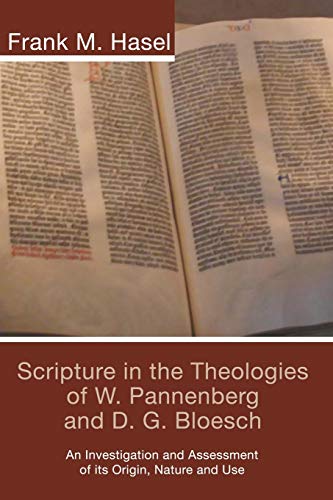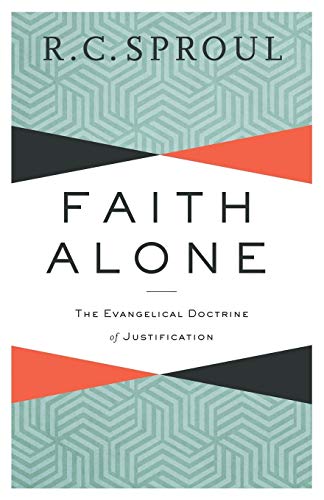Judges 1–5: A New Translation and Commentary
Written by Barnabas Lindars, ed. A.D.H. Mayes Reviewed By Richard S. HessThe last work of the Rylands Professor of Biblical Criticism and Exegesis provides a comprehensive study of the first five chapters of a difficult book of the OTs. Originally intended as part of a new International Critical Commentary on the book of Judges, this volume includes the chapters Lindars was able to complete. As a result there is not a full-length introduction. Instead, Mayes has provided a useful introduction to Lindars’ approach. For Lindars, the first chapter (actually, 1:2–2:5) forms a probably exilic or post-exilic addition to the book when the editor determined to separate the Deuteronomistic History (Joshua-2 Kings) into separate sections. The second introduction, 2:6–3:6, forms the Deuteronomist’s own introduction to the stories of the Judges as a continuation of the narratives from Joshua. The stories of Othniel, Ehud, Deborah and Barak all have historical substance to them, and this can be arrived at by using the traditional tools of historical criticism with editorial revision to the text where it is considered necessary. This is most evident in chapter 5, which itself constitutes one-third of the commentary. One does not find so many completely new ideas here as a thorough examination of both the earlier work of major commentators and scholars and, more importantly, an examination of all the significant versions, targums and other ancient and medieval sources of relevance. For these, Lindars’ contribution is invaluable. The author’s index at the end of the volume demonstrates his reliance upon Boling, Burney, Gray, Moore and Soggin. He is also aware of the significance of Ugaritic and comparative Semitics for analysis of some of the difficult expressions. The reader will not find here much literary analysis, though Webb is cited in the bibliography, nor will one discover an integration of some of the studies of social archaeology and its value for recreating the world of early Israel. Each section is divided into three sections: an English translation of the text as proposed by Lindars, a verse-by-verse exegetical commentary and a detailed study of textual variants in the Hebrew text and the other versions. Mayes is to be credited for seeing through to completion this tribute to Barnabas Lindars. It will provide an important reference work for scholars as well as an aid for students of the Hebrew (or Greek) text of Judges.
Richard S. Hess
Denver Seminary, Denver







